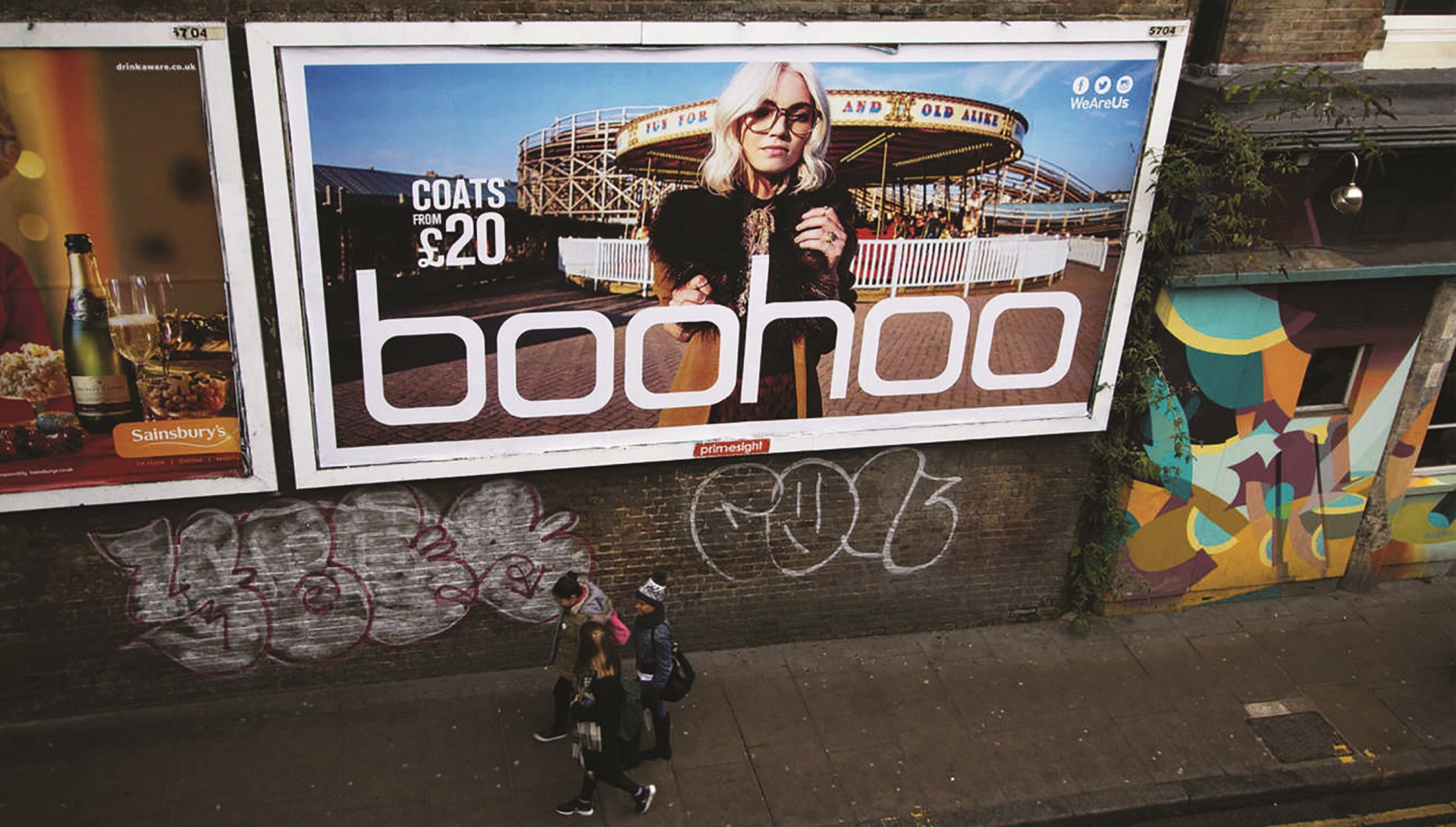But it should also be a wake-up call to us complicit compulsive internet shoppers to hold brands that are squeezing their supply chains to account.
We are increasingly shopping without thinking. In the last 15 years, clothing production has doubled, according to the Ellen MacArthur Foundation, but UK adults wear only 44 per cent of the clothing they own, says WRAP, the Waste and Resources Action Programme.
The way we shop has made it easier to disconnect from how products we buy are made: on our phone, when we’re bored, via an Instagram link with one eye open. We don’t even need to wait for payday. Most fashion brands now offer several buy-now-pay-later options at the checkout. Boohoo has three including Klarna, Europe’s most valuable fintech start-up last year, worth $5.5bn, which has thrived during lockdown.
The obvious solution is to avoid impulse-buying cheap clothes that we’re going to chuck away after a couple of wears, behaviour that drives the “ultra-fast” fashion market. But it is not that simple.
Fast fashion has democratised access to stylish clothes during a time of austerity, and more people are going to be struggling with living costs as a result of the coronavirus pandemic. There is also a huge amount of pressure on young women in particular to care about how they look and dress when everything is photographed and documented online.
More expensive doesn’t guarantee better treatment of those working in garment factories, anyway.
Advertising helps fund Big Issue’s mission to end poverty
Luke Smitham, of sustainability consultancy Kumi, says many brands claim they have audited suppliers and factories, but many of the audits are not fit for purpose. He’s visited factory sites that have passed audits but, within minutes of walking through the door, he could tell there are serious issues with the way they’re run.
Labour Behind the Label does not advocate boycotting companies whose supply chains exploit workers, unless the workers themselves have called for it, warning boycotts lead to workers losing their jobs.
But we should expect transparency and ask difficult questions, publicly. Lewis warns that if something is unrealistically cheap, there is a high possibility of exploitation within the supply chain.
Look at the impact of the scandal on Boohoo so far. Influential Instagrammers denounced its practices, and its share price plummeted. It now has a financial incentive to reconsider its model, as long as we keep up the pressure.
We should also engage more with how we might be inadvertently supporting exploitative business practices with our savings.
Do you know where your pension or Isa is invested? Many of us will own tiny slices of fast fashion companies. As Laura Suter of investment company AJ Bell says, if you are a shareholder in a company you believe is making profit through unethical behaviour you can lobby for change. “Investors only need to own one share to be able to attend an AGM and while there they can ask questions of company management and start debate in the room.”
Advertising helps fund Big Issue’s mission to end poverty
Be distrustful of any brand that declares its ethics based on a third-party audit of its suppliers, says Smitham, and support innovative brands.
Rapanui, for example, which sells T-shirts from £12, believes lots of companies cut costs by cutting corners. Instead it keeps costs low with a circular model. All Rapanui’s clothes are made to be sent back via freepost if you no longer wear them (with a £5 credit for doing so) and it makes new products from the materials it recovers. This saves money that it invests in things that other companies may consider uneconomical, including more rewarding jobs for those who make its clothes.
The high street is struggling to survive the impact of lockdown and needs our support, but we all have a responsibility to rein in the urge for a next-day delivery dopamine hit, and question where our clothes were made.
Laura Whateley is a journalist and author of Money: A User’s Guide









